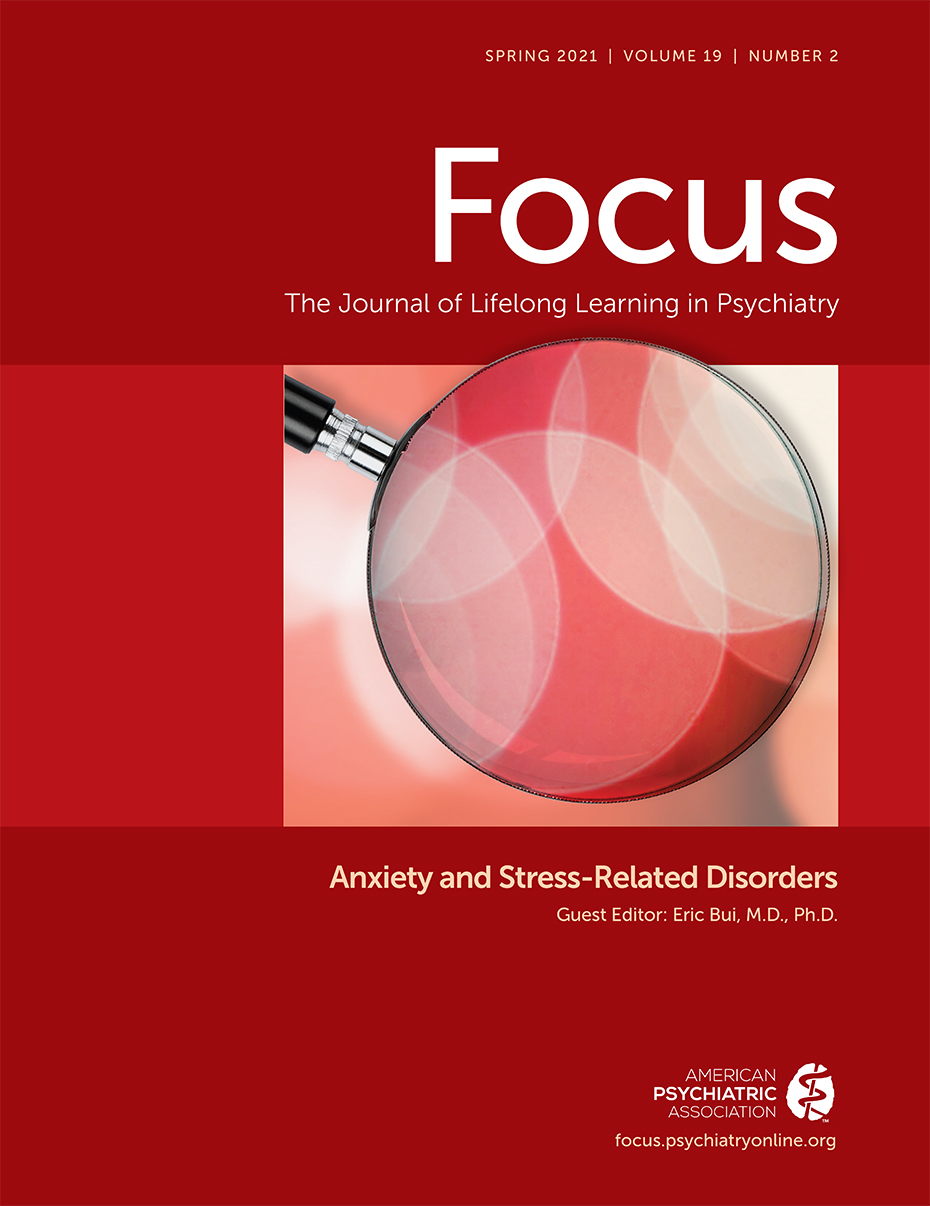Beyond the DSM-5 Diagnoses: A Cross-Cultural Approach to Assessing Trauma Reactions
Abstract
Although trauma exposure is a global phenomenon, trauma reactions vary considerably across cultures. Western psychiatric diagnoses, such as posttraumatic stress disorder (PTSD), may be limited in capturing the breadth of trauma reactions in cross-cultural contexts. Instead, cross-cultural instruments should examine locally relevant reactions, such as idioms of distress and explanatory models of illness, and account for ongoing stress and adversity. This article explains the need for complementing traditional trauma assessment approaches, how to create culturally sensitive instruments, the style and stance of practicing cultural humility when administering instruments, how to account for ongoing trauma and adversity, and ways to incorporate findings into treatment. These steps can improve culturally sensitive and comprehensive trauma assessment to capture universal and culturally relevant trauma reactions.



